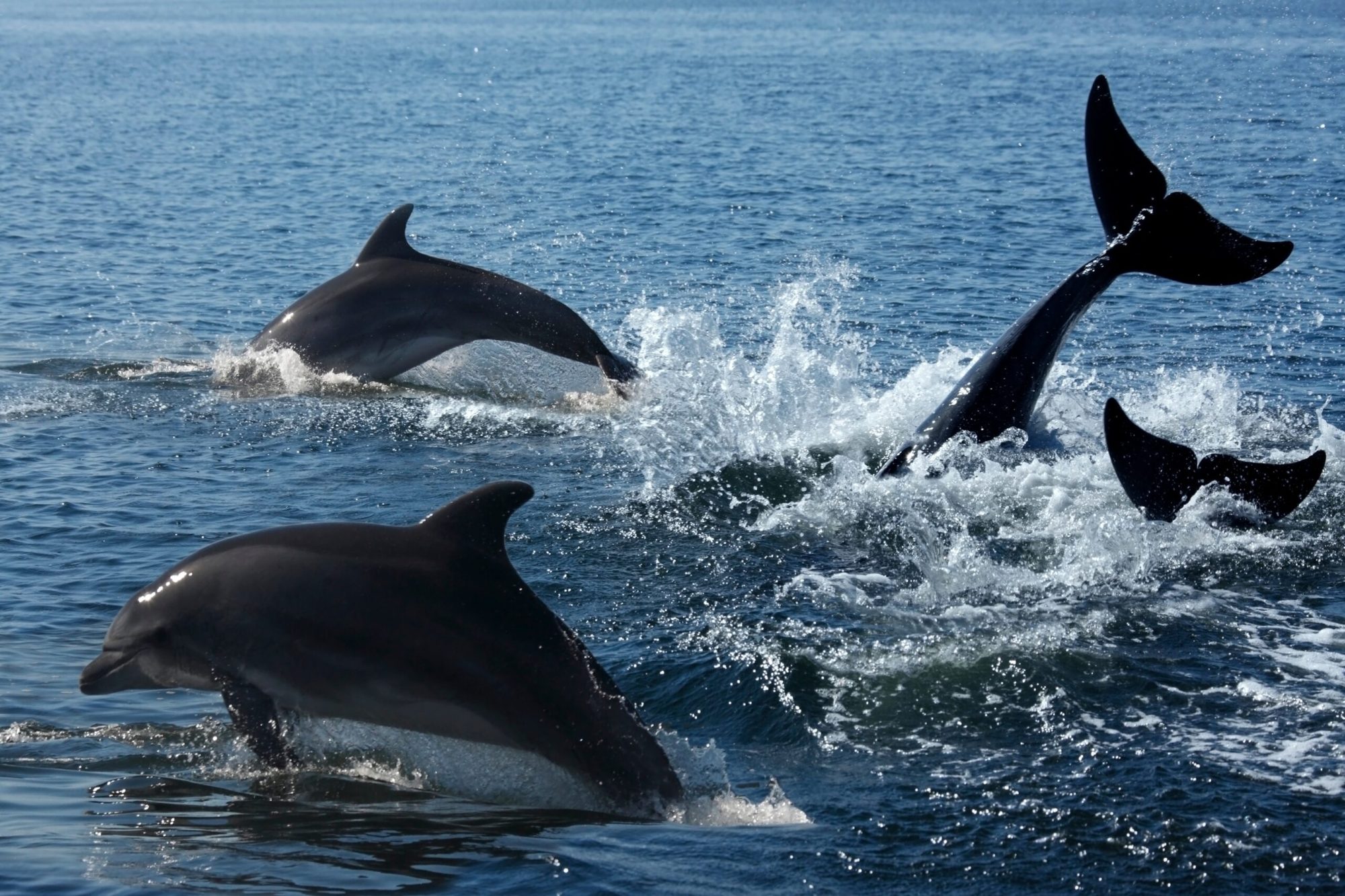Responsible Dolphin Watching: Ethical Guidelines for Tourists

Responsible Dolphin Watching: Ethical Guidelines for Tourists
The allure of dolphin watching draws many nature enthusiasts and tourists seeking a magical encounter with these intelligent marine mammals. While dolphin watching can provide a thrilling and educational experience, it is crucial to approach this activity responsibly to ensure the well-being and conservation of these incredible creatures. In this blog, we’ll explore ethical guidelines for tourists engaging in dolphin watching, emphasizing the importance of responsible practices that prioritize the welfare of dolphins and their natural habitats.
